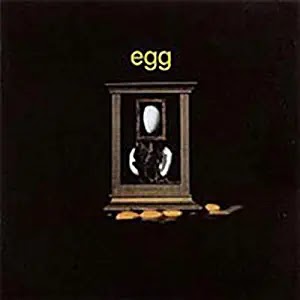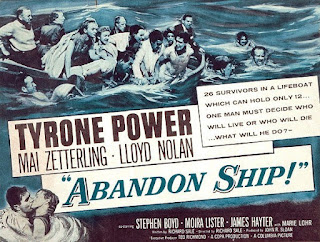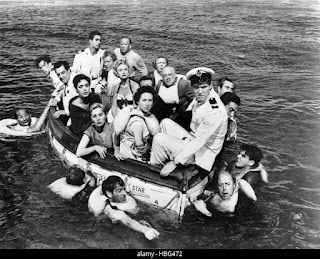(1974)
Directed by Burt Kennedy
Written by Larry Cohen (Story and Screenplay), Dick Nelson (screenplay)
Starring Richard Crenna, Jack Elam, Richard Egan, Stefanie Powers, Michael Ansara, Dub Taylor, Arthur O’Connell
IMDB Entry
Back in the day, directors specialized. Some were known for comedies, others for dramas. Burt Kennedy was known for comic westerns like the classic Support Your Local Sheriff! But he could also show his dramatic chops in the made-for-TV movie, Shootout in a One Dog Town.
It starts with a gang of outlaws ambushing some riders. One – Reynolds (Michael Ansara) – escapes and, though shot, makes it to the town of Opportunity, which does only have one dog. Banker Zach Wells (Richard Crenna) agrees to take the strongbox filled with money that Reynolds was carrying, while Reynolds goes for help. Unfortunately, Reynolds dies before he can do anything else.
The outlaws aren’t giving up, of course. Leader Petry (Richard Egan) is greedy and not one to let that much money* slip through his hands, even after one of his gang is killed. Petry just thinks it’s a bigger share for those who are left.
Zach enlists the Sheriff and reformed drunk, Handy (Jack Elam) to help him out, while the other townspeople decide it’s best to be elsewhere. Zach’s wife Letty (Stefanie Powers) urges him to just let them have the money, but Zach will have none of it.
The movie gives the impression it’s a comedy,** but it is more of a western drama, with some lighthearted moments. Jack Elam was in the middle of his transition from villainous henchman to comic sidekick, but the character does show a good mixture of drama and comic relief, and veteran actors Dub Taylor and Arthur O’Connell have small roles as townspeople.
Richard Crenna is also quite good as he shows Zach’s resourcefulness holding off the deliciously vicious Petry. Richard Egan makes the character purely evil, without going overboard. Stefanie Powers is OK, but her part really gives her nothing to do.
Overall, though the film is a top-notch western.
__________________________________________________________
*One minor quibble is that it supposedly contains $200,000 in gold, an insane amount of money for the time (at least $6 million today).
**The first credit card says it was produced by William Hannah and Joe Barbara. Hannah-Barbara did dabble in live-action action films, usually made for TV, around this time.



